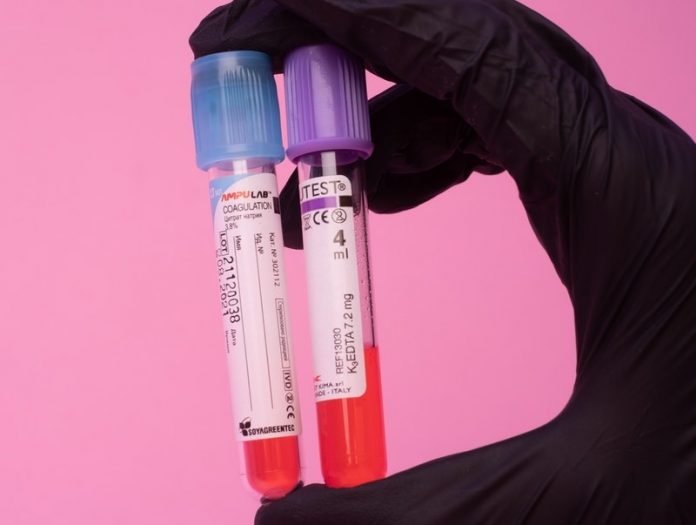
In a recent study at Rockefeller University, researchers found that those who recover from COVID-19 are protected against the virus for at least six months, and likely much longer.
Antibodies produced months after the infection showed increased ability to block SARS-CoV-2, as well as its mutated versions such as the South African variant.
The findings provide the strongest evidence that the immune system “remembers” the virus and, remarkably, continues to improve the quality of antibodies even after the infection has waned.
The researchers suggest that when the recovered patient next encounters the virus, the response would be both faster and more effective, preventing re-infection.
The study is published in Nature. One author is Michel C. Nussenzweig.
As the number of people who have fought off SARS-CoV-2 climbs ever higher, a critical question has grown in importance: How long will their immunity to the novel coronavirus last?
The team has been tracking and characterizing antibody response in Covid-19 patients since the early days of the pandemic in New York.
Antibodies, which the body creates in response to infection, linger in the blood plasma for several weeks or months, but their levels significantly drop with time.
The immune system has a more efficient way of dealing with pathogens: instead of producing antibodies all the time, it creates memory B cells that recognize the pathogen, and can quickly unleash a new round of antibodies when they encounter it a second time.
In the study, the team tested the antibody responses of 87 individuals at two-time points: one month after infection, and then again six months later.
As expected, they found that although antibodies were still detectable by the six-month point, their numbers had markedly decreased.
Lab experiments showed that the ability of the participants’ plasma samples to neutralize the virus was reduced by five-fold.
In contrast, the patients’ memory B cells, specifically those that produce antibodies against SARS-CoV-2, did not decline in number and even slightly increased in some cases.
A closer look at the memory B cells revealed something surprising: these cells had gone through numerous rounds of mutation even after the infection resolved, and as a result, the antibodies they produced were much more effective than the originals.
Subsequent lab experiments showed this new set of antibodies were better able to latch on tightly to the virus and could recognize even mutated versions of it.
The team also examined biopsies of intestinal tissue from people who had recovered from COVID-19 on average three months earlier.
In seven of the 14 individuals studied, tests showed the presence of SARS-CoV-2’s genetic material and its proteins in the cells that line the intestines.
The researchers don’t know whether these viral left-overs are still infectious or are simply the remains of dead viruses.
They plan to study more people to better understand what role the viral stowaways may play in both the progression of the disease and in immunity.
Copyright © 2021 Knowridge Science Report. All rights reserved.



